WEnRV travel news, products, and industry trends
First Aid Best Practices While Camping
Obviously, nobody plans for an emergency, but try as we might, accidents will still happen. With that, it’s imperative that you respond quickly and appropriately to mitigate further disaster in the event of a camping fiasco. To ensure the most safety and enjoyment, here are some best practices for first aid while camping.

Prevention and first aid basics
When it comes to first aid, the best offense is a good defense (or something along those lines). The best course of action is to anticipate disaster and prepare for the worst before it actually comes to fruition. Take it upon yourself to research any potential hazards, wildlife, poisonous plants, or weather-related risks that could affect your trip, as well as stocking up your first aid kit with essentials for any scenario.
For example:
Adhesive bandages Sterile gauze pads Antiseptic wipes Tweezers Scissors Heat reflective blanket Hand sanitizer Thermometer Pain relievers CPR mask Cotton swabs Personal MedicationsAdditionally, you would do well to familiarize yourself with fundamental first aid techniques such as CPR, the Heimlich, or cleaning wounds.
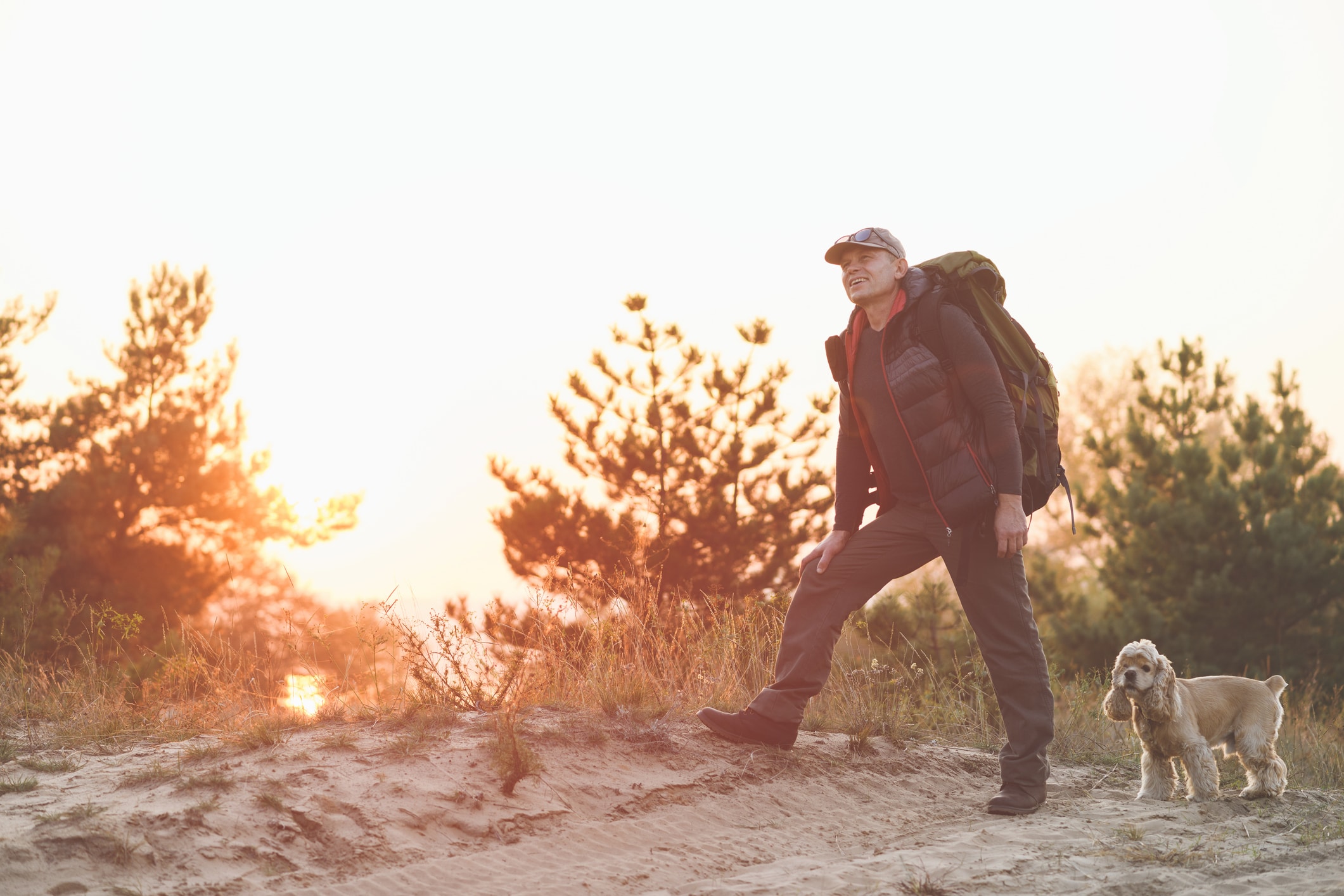
Common camping injuries
Let’s break down the more common camping accidents with some quick tips for remedying the situation. Keep in mind that this list is for minor injuries that can be self-treated. In the event of an actual emergency, be sure to seek professional medical attention as soon as possible.
Strains and sprains
A sprain is among the most common of camping industries, but fortunately has a tried and true approach with the RICE (rest, ice, compression, elevation) method. In the event of a twisted appendage, have the injured member of your party lay down, apply ice (to reduce swelling), provide compression, and elevate.
Scrapes and cuts
First and foremost, you’ll want to clean the wound thoroughly using an antiseptic solution or clean water. From there, you’ll apply an antibiotic ointment before covering it with a fresh bandage or dressing. Keep an eye on the cut and regularly change the bandages to minimize the risk of infection.
Stings and bites
If applicable, start by removing the stinger before cleaning the wound. Then reduce the swelling with ice and compression. Lastly, consider taking an antihistamine to prevent any allergic reactions.
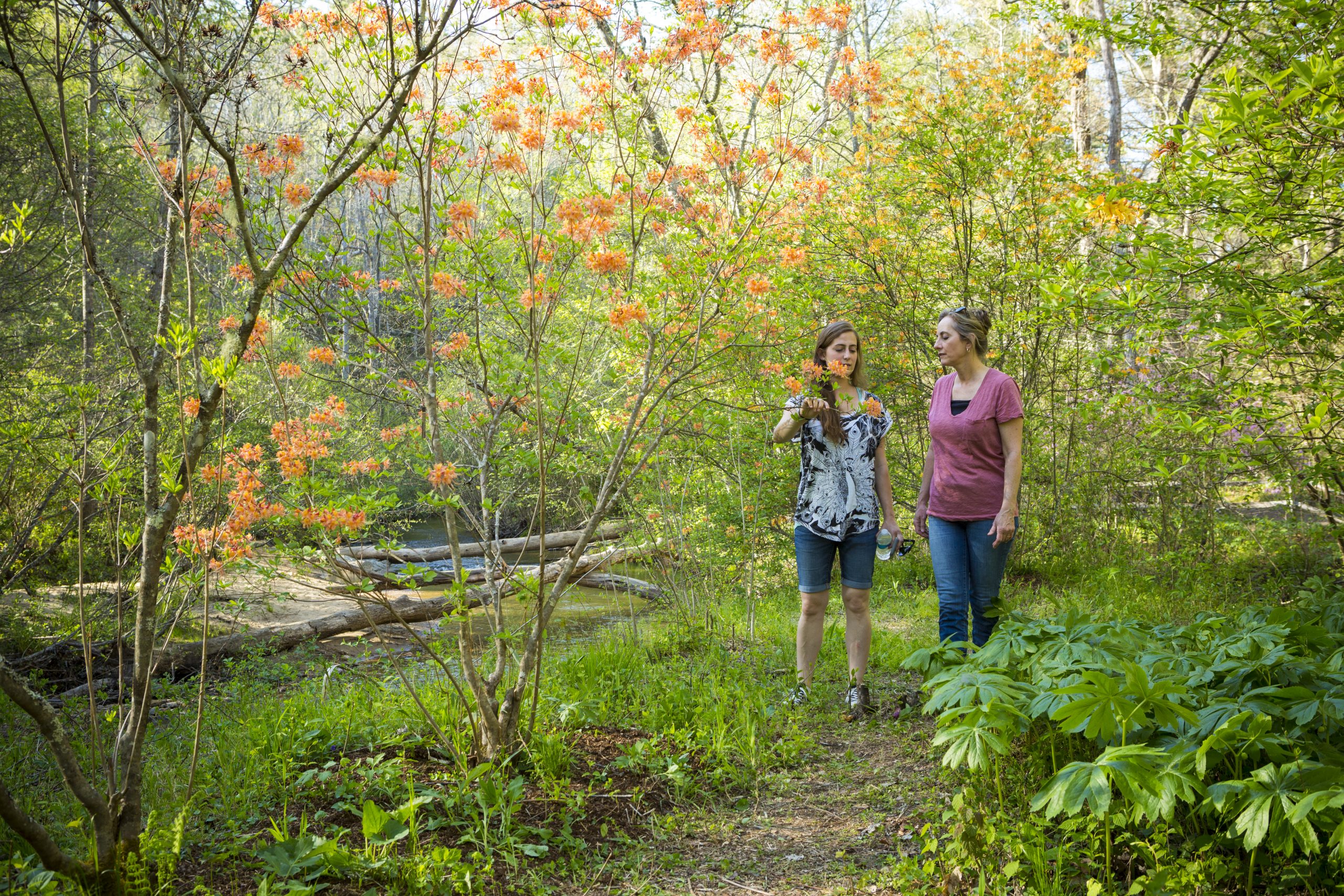
When to seek professional care
While many injuries can be addressed in camp with the right gear, it’s vital to know when an injury requires professional attention. If you encounter any of the following injuries, seek medical attention immediately.
Deep wounds or cuts. Severe blood loss. Broken bones or potential fractures. Any head injury or lightheadedness. Chest pains or signs of heart failure. Stomach pain or signs of an ulcer. Upper body pain. Shortness of breath. Excessive sweating. Anxiety.Should you find yourself camping in a more remote location, take note of the nearest medical facilities and pack a satellite phone in case you find yourself without a signal.
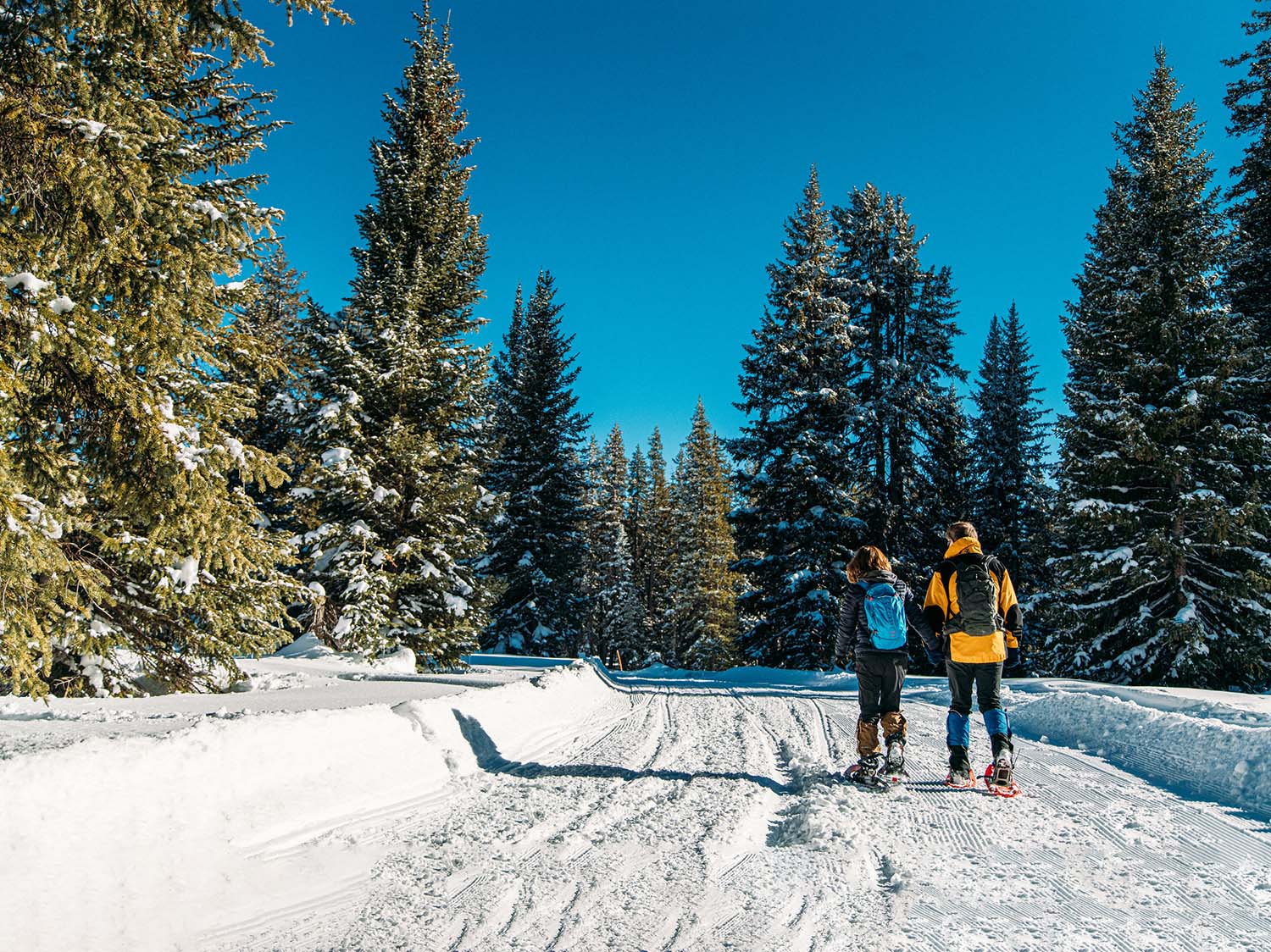
Stay calm
No matter what you encounter, be sure to stay calm. Panic will only cloud your decision-making ability and further escalate an unfortunate situation. In the event of an accident or emergency, take a beat, take a breath, evaluate the danger, address the situation with proper first aid, and seek additional professional care if necessary. With quick and decisive care, cooler heads will prevail, and you’ll be able to make the most of a bad situation.
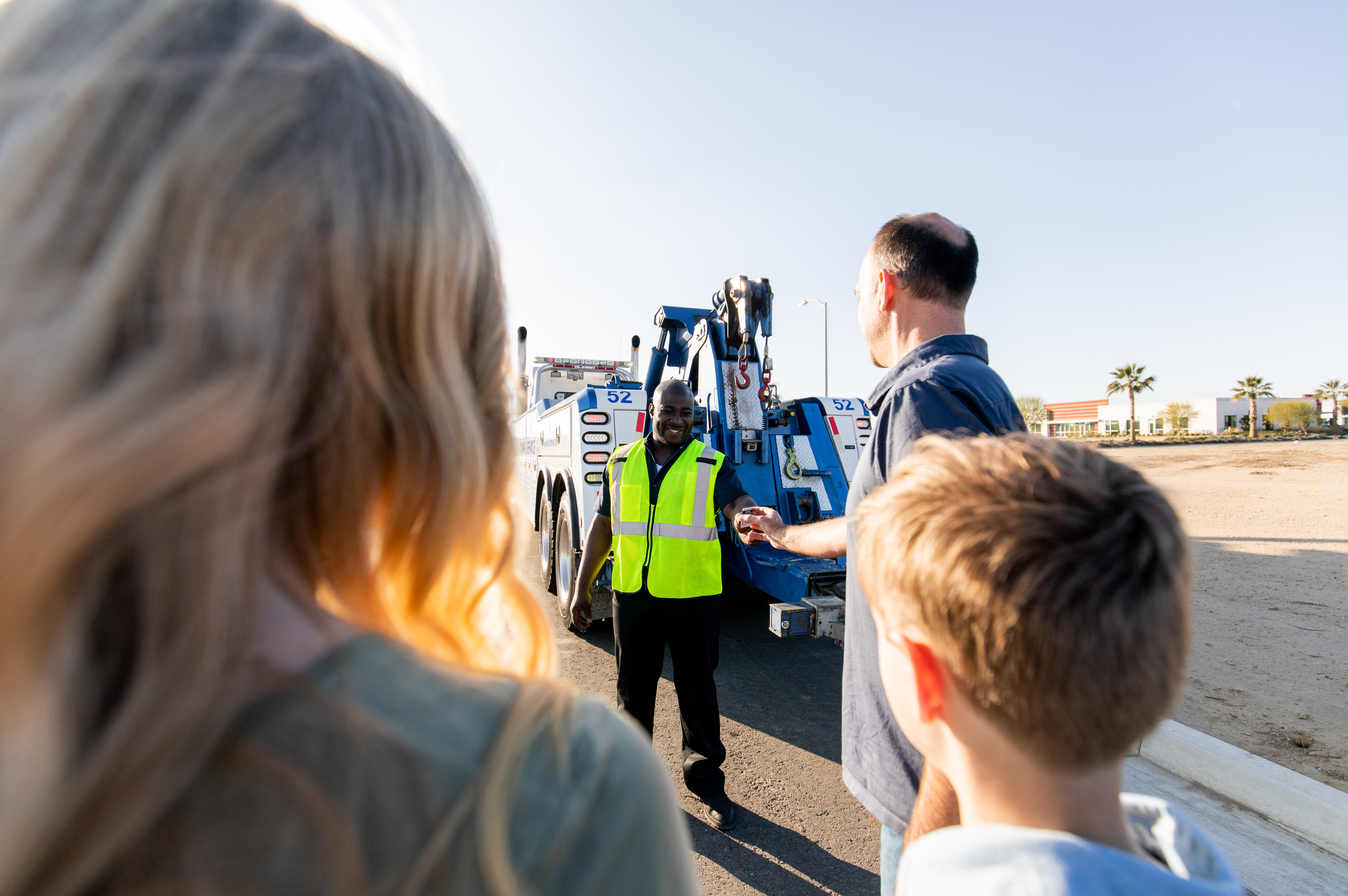
Good Sam TravelAssist
No matter how prepared you are, emergencies still happen when you least expect them. Good Sam TravelAssist covers the gap from coordinating emergency medical transportation, returning your RV after an incident, or even making sure your pets get taken care of.
The post First Aid Best Practices While Camping appeared first on Good Sam Camping Blog.
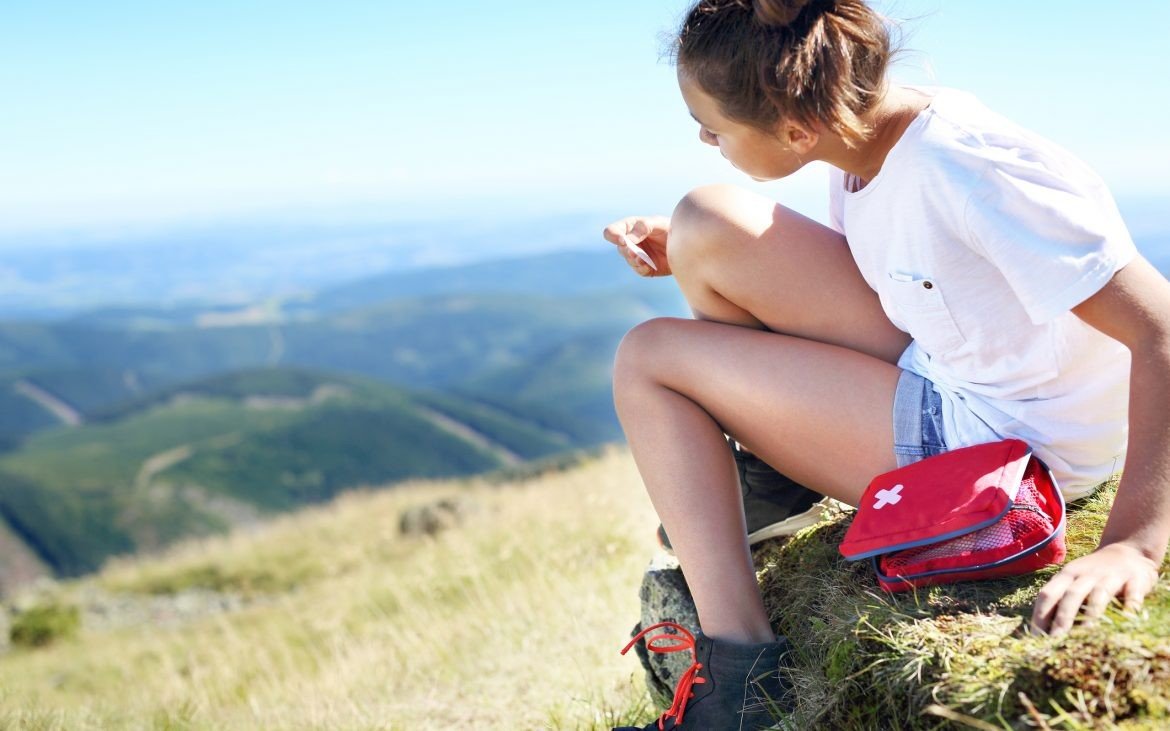
Copyright
© Good Sam Camping Blog


